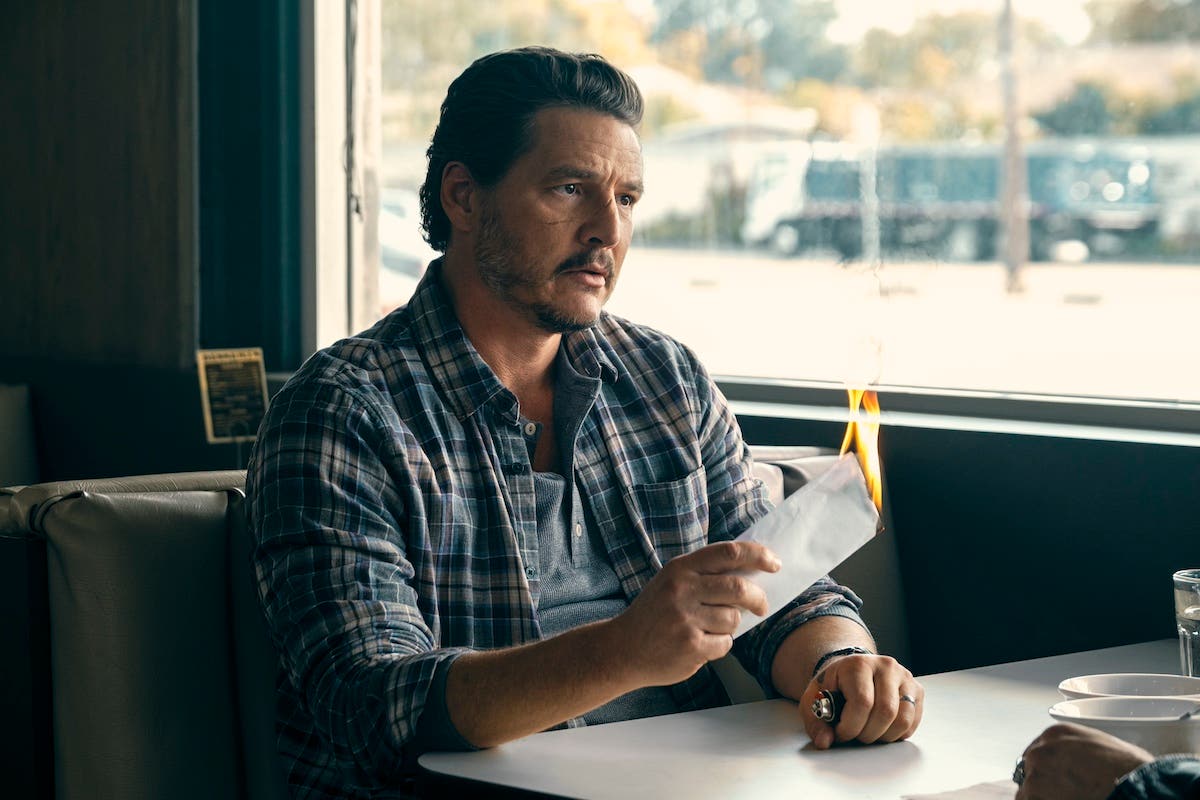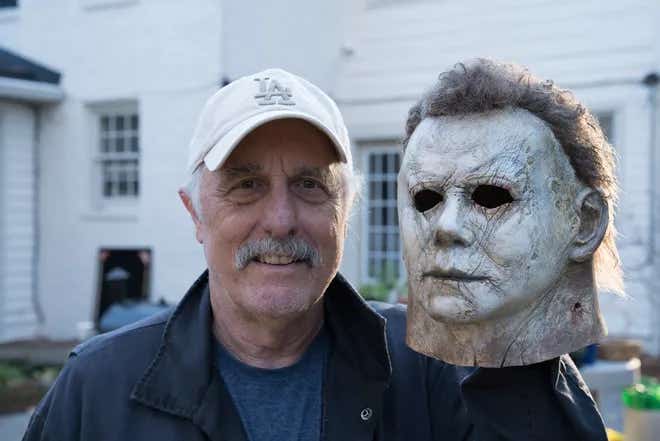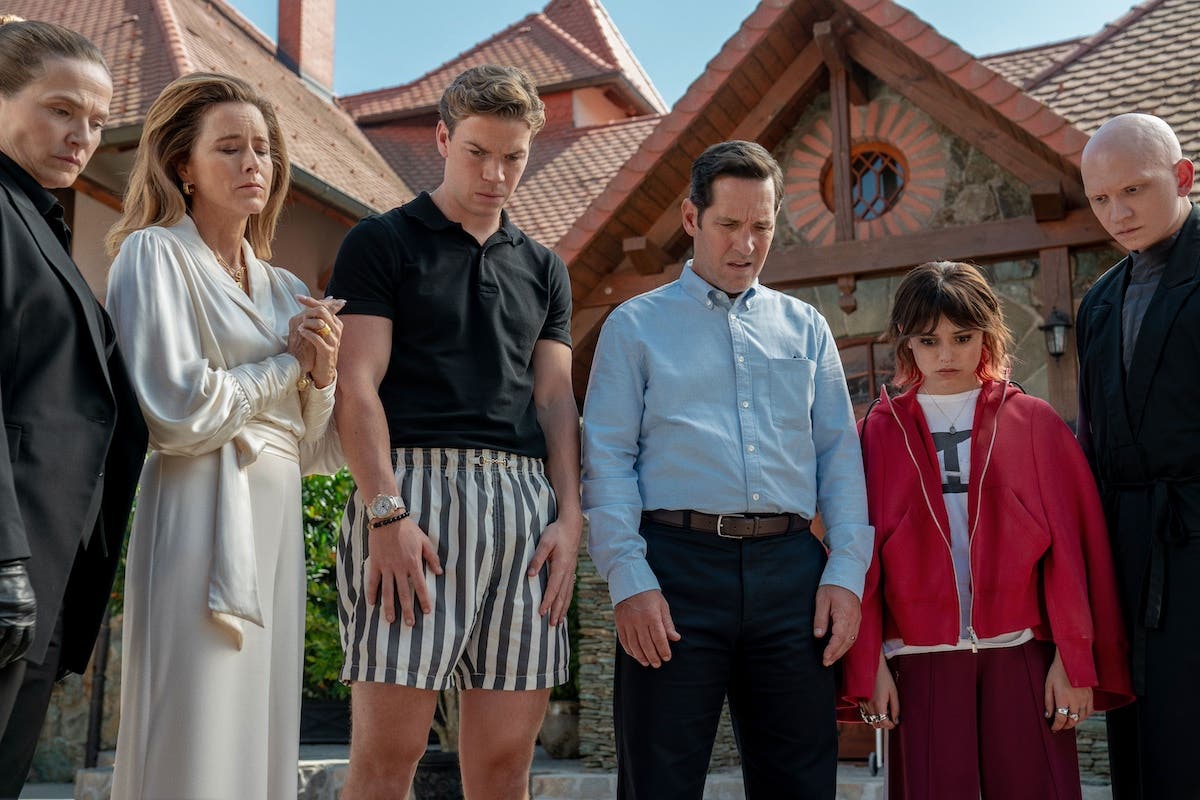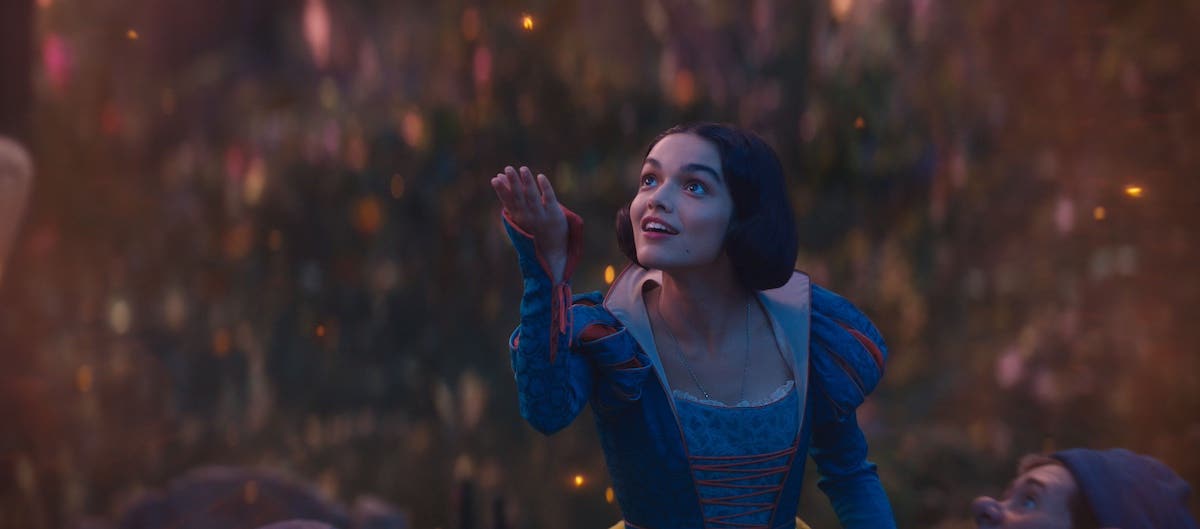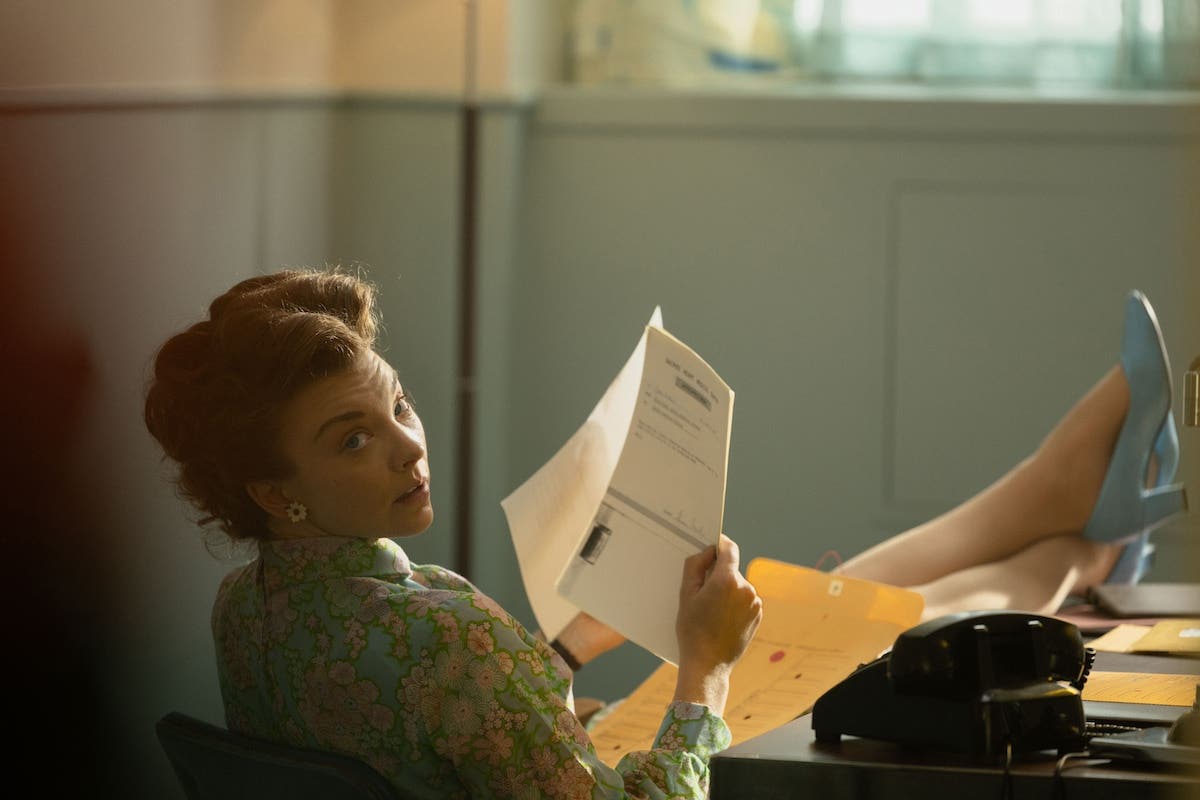Gangster’s Paradise: Jerusalema – Q&A with Writer/Director Ralph Ziman
Based on real-life events, Gangster’s Paradise: Jerusalema is a raw look into the crime and corruption of Johannesburg, South Africa. Script spoke to writer/director Ralph Ziman about his experience shooting in South Africa’s gritty underworld, the casting process and dealing with a multi-lingual script, among other topics.
Based on real-life events, Gangster’s Paradise: Jerusalema is a raw look into the crime and corruption of Johannesburg, South Africa. The film, shot on location where the real-life events took place, features a strong cast of mostly unknown actors, an authentic script that features multiple languages and dialects, and an unforgettable score. Script spoke to writer/director Ralph Ziman about his experience shooting in South Africa's gritty underworld, the casting process and dealing with a multi-lingual script, among other topics.
SCRIPT: The story is based on a real incident, how did this story land in your lap?
Ralph Ziman: I’d been looking for a contemporary South African crime story for a while. In 2004, through an associate I came across the story of a crime syndicate in central Johannesburg that was hijacking buildings and collecting rent. I think that given the issues of land ownership, land redistribution and the lack of affordable housing for working people the story had fantastic possibilities.
SCRIPT: Will this film screen in South Africa? If so, how do you think it will be accepted in the region?
RZ: The film opened in South Africa in June of 2008 and played in the cinemas for six months. It has also been an enormous hit on DVD, played on television and has even been featured and is still playing on South African Airways. For better or for worse it has been pirated to death. The reaction in South Africa has been nothing short of amazing. I suppose as a writer and director finding an audience that embraces your work in this way is a dream.
SCRIPT: You wrote the film in English and had it translated to different languages and dialects. Why did you not just stick to English? And was the casual switch from English to different languages as portrayed in the film part of the culture of South Africa?
RZ: I wanted the film to be as authentic as possible. I also wanted it to be accessible to an English-speaking audience, but I knew that if we didn’t get acceptance from our core audience we would be dead in the water. For me, any modern film has to be totally authentic. It’s absolutely critical. There was a time when you could make a war film where the Germans all spoke English with foreign accents but I don’t think that works for a contemporary audience. It can also date a film. I really love the sound and cadence of African languages and I love the way people in South Africa switch seamlessly from one language to the next. It’s the way we are and the way we speak and it adds texture and depth to the dialogue.
SCRIPT: The casting is impressive with great unknown actors. What was the casting process like and what did they bring to the table as far as their own experiences to their roles?
RZ: The depth of talent is amazing. I worked with a really talented and knowledgeable casting director. We looked at everyone who was available. The problems were numerous. Most of the cast did not speak English as a first language. We had to find credible actors who had to play younger and older versions of Kunene and other leads. It was critical to get the right actors for each part. We have eleven official languages and we had to make sure that in the final casting we did not have actors who just looked similar but actors who spoke the same language. When it came to the shooting I was in really good hands. The actors all knew the characters they were playing and brought a wealth of experience to the roles. I really just observed and made small adjustments, but the bulk of the work done in casting had paid off.
SCRIPT: How were you accepted as a white South African telling a mostly black South African tale? Did you worry about how the film would be accepted because of that fact? How is race perceived differently in South Africa than in the states?
RZ: It’s a really tricky question. I never had any problem being accepted by the cast or crew. The film was later fully embraced by a black audience in South Africa. During production it was never an issue. We were all dedicated to making the film and we got the best people we possibly could, regardless of race, sex or nationality. All that said the question frequently raises its head. Do I have to be a black South African to make a film about black South Africans? If this is really true then where do we draw the line? Should I have to be a woman to make a film about women? I’m making a film about a bank robber, should I rob a bank? Should I have hijacked a car for research? Did William Shakespeare have to be Italian to write The Merchant of Venice and was Ridley Scott a gladiator in a past life? I know Clint Eastwood is neither South African, nor a rugby player and has never been in the ANC, but he did direct Invictus. Really, the question was only brought up in any significant way by some government officials in South Africa and by white audiences at international film festivals.
SCRIPT: You shot on location in the very heart of where the real incidents took place. How important was that for you and was there a real worry something bad could happen during the production?
RZ: It was important to me to shoot in the real locations for two reasons. One was authenticity. The other was that I thought the audience had to see how rundown and devastated Hillbrow really was. There was no way of recreating this. We could have shot the scenes elsewhere, but the story would not have been credible. You look at the devastation, high rise block that house thousands of people, no running water, no electricity, no gas, no elevators. In some of the buildings the septic systems have collapsed. Sewage runs into the streets and fires on the balconies are used for cooking. Crime in Johannesburg is ubiquitous, so you can never completely inoculate yourself, but clearly the safety of our crew and actors was very important to us. In Hillbrow we had more security staff than we had crew. This included a security company that provided us with a dozen armed guards, many of them ex-cops. It also included getting a street gang that controlled the streets to work for the production. In all the time we were in Hillbrow we never had a major incident.
SCRIPT: They say “if it isn’t in the screenplay, it won’t be in the film,” as both writer and director, did you lock the script prior to shooting or were their instances of rewriting on the set? How hard is it to juggle both jobs?
RZ: I do agree with the statement, however, given we had a small, very mobile and very versatile crew, we did cover a lot of ground very fast. This gave us a lot of leeway to be spontaneous in the shooting. Sometimes it was off the cuff, other times we would see possibilities and write them it. Our versatility made it possible for me to write and shoot extra scenes. We picked up about sixty or seventy scenes over the shooting period that were not scripted on day one of principle photography. We shot for twelve weeks, six days a week. On our days off I used to write extra scenes for the coming week. This went on tight until the very last day of shooting. I wrote a scene two days before we wrapped and we shot it on the last day. I did irritate the AD, the producer and sometimes the actors, but ultimately they were incredibly supportive. It was a wonderful and liberating way of working. For me it was never really juggling between writing and directing. There was no conflict. It’s all filmmaking. I was trying to get as many options and possible variations for the edit. As they say, editing is writing in reverse. The more material you have, the better you are able to manipulate and bring together the various threads of the story.
SCRIPT: Do you prefer shooting your own scripts?
RZ: I’ve never shot anyone else’s script, but I’d like to. I don’t really want to write everything I direct. Sometimes I feel like I never want to write anything again. I’ve never had access to really great writers or great scripts, so in the past it always fell to me to create my own.
SCRIPT: The music is very unique in the film and almost juxtaposes the tone in some of the more violent parts. How important was the music to the film? Why did you make the musical choices you did?
RZ: The music was critical. It had to convey the underlying emotional state of the characters. It had to help us see and feel the subtext of the film. I have a very close collaborative relationship with the composer, Alan Lazar, and we were already talking about the music when the script was still being written. We’re both from South Africa and share a passion for local music. Everything from African Gospel to Hip Hop to Blues, Rock, Ska, traditional songs and Jazz. On the score, Alan worked with a combination of African and World musicians as well as a session with a traditional orchestra.
SCRIPT: With the World Cup coming to your home country this year, who are you rooting for?
RZ: South Africa, of course. The team and the country. I really hope the games go off without a hitch and that Bafana Bafana play the game we all know they are capable of.
Ganster's Paradise: Jerusalema is now playing in limited release. Visit the official site for more information.
Joshua Stecker is a freelance entertainment journalist based in Los Angeles. His bylines include The Hollywood Reporter and Death & Taxes Magazine. Stecker is the former west coast/web editor of Script Magazine. He's also the co-founder of the Modjeska Playhouse theatre company in South Orange County. Follow him on twitter at @joshuastecker.


